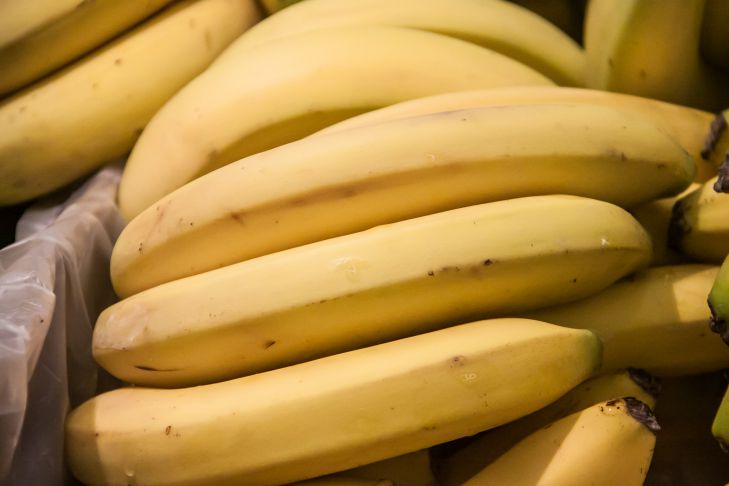What foods help you sleep better: food against insomnia
Food is vital for getting good sleep and preventing problems like insomnia.
Our brain has an internal clock.
As night approaches, the photoreceptor cells in our eyes (rods) signal that there is less light.
The brain's pineal gland receives a signal that triggers the conversion of serotonin (the key neurotransmitter for our well-being) into melatonin.
The hormone melatonin regulates our body's biological clock and plays a key role in falling asleep. For this process to work properly, we need a natural amino acid called tryptophan.

Tryptophan can only be obtained through food because our body is unable to produce it on its own. Its main function is to regulate the levels of serotonin and melatonin.
A diet rich in tryptophan can help us reduce the time it takes to fall asleep and get better rest.
What foods should be in your diet to improve the quality of your sleep?
Whole grain products (whole grain bread, rice, pasta). They stimulate the secretion of insulin (a hormone that increases the release of tryptophan) and help produce serotonin.
Oats, in particular, are a healthy source of vitamins, minerals and fiber, and can help you sleep and regulate your body clock; as they stimulate the production of melatonin.
Lean meats (chicken and turkey): Low-fat, easily digestible meats rich in tryptophan, which is the building block for serotonin, can help improve your mood, promoting a sense of well-being and relaxation.
Bananas and cherries are good to eat before bed because they contain small amounts of melatonin and help regulate your sleep cycle. They will help you fall asleep easier.
Milk. Drinking a glass of milk before bed can help you relax and fight insomnia. Milk is a food rich in tryptophan, a precursor to serotonin.
Roasted walnuts and almonds. These are nuts rich in magnesium, a mineral that promotes rest due to its relaxing properties.
Honey. In small quantities it acts as a sleep inducer. A good option is to drink a glass of warm milk with honey before going to bed.
Previously, experts explained whether ginger drink really helps you lose weight.
